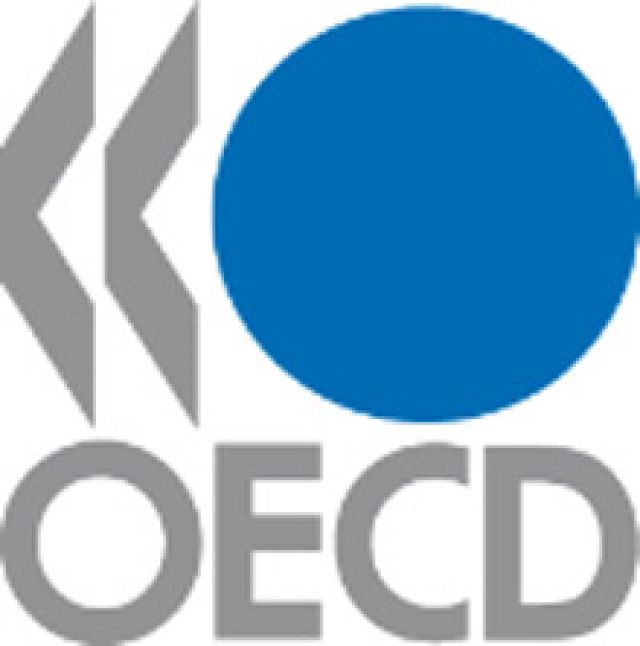
The Organisation for Economic Cooperation and Development’s (OECD) Economic Survey of Australia, released on November 15, called for an increase in the rate and scope of the goods and services tax (GST) and a cut in business taxes.
The rich countries’ economic club also called for higher road tolls, greater labour productivity and a price on carbon.
The OECD’s annual survey congratulated the Labor government for avoiding recession during the global financial crisis but also demanded it undertake further “structural reforms to strengthen productivity”.
With few exceptions, the “reforms” demanded by the OECD would impact harshly on working people, to the benefit of business.
Key to the OECD’s vision is an increase in the rate and the reach of the GST, so it covered all consumer items, including food. The trade-off, the OECD said, would be an increase in the tax-free threshold, meaning low-income earners and welfare beneficiaries would lose less of their extra income if they took on part-time work.
While supporting the OECD’s call for an overhaul of the tax system in a way that would benefit the low-paid, Australian Council of Social Service CEO Dr Cassandra Goldie said on November 15 that ACOSS remained “strongly opposed to its call for an increase in [the GST] and to extend it to food”.
“We know that lower income earners spend a larger proportion of their household income on the necessities of life such as food, rent, energy, and clothing, which would all become a lot dearer if the GST was increased and extended.
“What the OECD didn't point out is that countries with higher GST rates generally have substantially more generous social security systems.”
The OECD also called for the phasing out of “inefficient” state taxes on property and employers. Payroll taxes, progressive land taxes, stamp duties and insurance duties should go, to be replaced by higher revenue from the GST.
The survey welcomed Labor’s mining rent tax, but argued that the rate was too low, the scope to narrow and that the government should not spend the revenue.
The result was likely to be that “the taxation of profits of mining companies is likely to remain much lower than before the mining boom”.
The government should extend the tax “to all commodities and all companies irrespective of their size”, and “park resource revenues in a reserve fund”, rather than spend them.
Specific concern was raised over the threat of inflation. The government was warned that “people do not translate relative price changes stemming from supply shocks in specific sectors, notably housing and utilities, into higher wage demands”.
In other words, workers should learn to wear the increase in costs and stop complaining: the result of any wage increases to compensate for increased prices would only be an increase in interest rates, so they would lose out either way.

The report called for a lower business tax rate, the linking of childcare rebates to work (or looking for it), greater attacks on people on the Disability Support Pension and the “streamlining” of family benefits into a single payment.
However, it also called for an increase in the rate of Newstart Allowance, and for greater investment in public transport.
In the interests of “equity”, the OECD report called for increasing public housing rents to the levels of private rental, while allowing public tenants access to government rent assistance.
The OECD’s survey endorsed the Henry Report on taxation, which was released in May. Like that report, it is aimed at developing better ways for Australian business to make money.
It suggested scattering a few crumbs to the most disadvantaged, but its core business is “structural reform”, by which it means more work, higher costs and falling living standards.